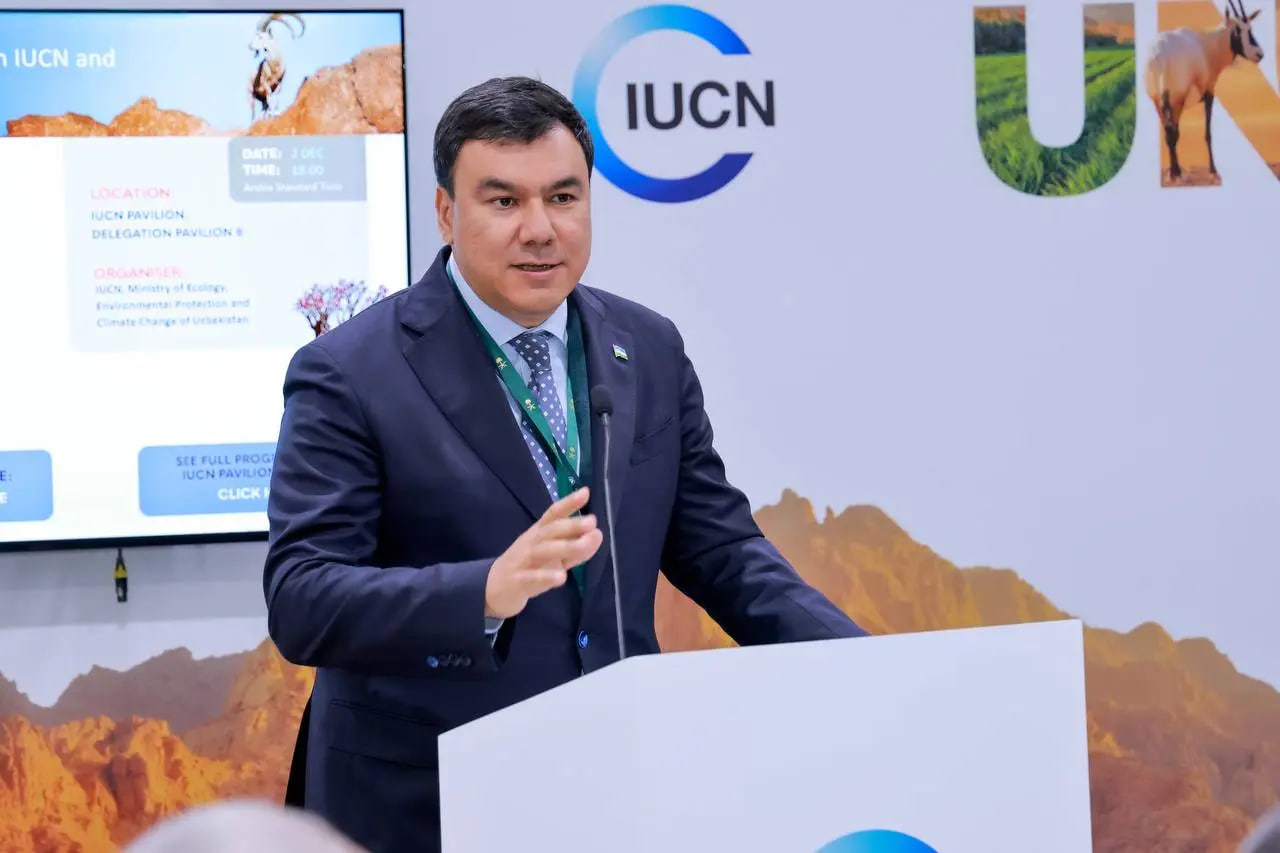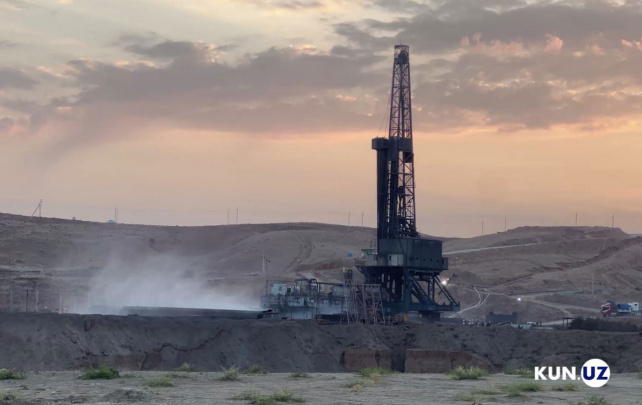Uzbekistan aims to restore 2 million hectares of degraded land by 2030
Uzbekistan plans to restore more than 2 million hectares of degraded land by 2030, according to the Minister of Ecology, Aziz Abdukhakimov. Speaking at the COP16 conference in Riyadh, Abdukhakimov emphasized that such large-scale restoration projects require substantial financial resources.

Abdukhakimov explained that the country’s strategy aims to align with the United Nations Convention to Combat Desertification (UNCCD) and its goal of achieving land degradation neutrality. He noted that these efforts also aim to ensure sustainable living conditions for vulnerable populations.
In the last five years, Uzbekistan has allocated over $1 billion for initiatives in sustainable land management and reforestation. Despite these efforts, global financing gaps remain a challenge. Abdukhakimov stressed the need for stronger financial mechanisms and innovative partnerships to expand the scope of these initiatives.
To achieve these ambitious goals, Uzbekistan seeks to increase global financial flows and direct them towards land restoration projects. He further highlighted the importance of innovative financing mechanisms, such as green bonds, to mobilize additional resources.
In his remarks, Abdukhakimov also outlined several key proposals to streamline access to international funding:
• Simplifying the processes for accessing, applying for, and approving funds.
• Increasing grant-based funding, especially for projects with long-term ecological benefits but limited financial returns.
• Providing technical assistance to develop bankable projects that meet donor requirements.
• Expanding the use of green bonds to mobilize additional resources for sustainable land restoration.
Abdukhakimov pointed to successful projects, including the restoration of forests in the Aral Sea region, as proof of Uzbekistan's potential in managing international funding effectively. These efforts, made in partnership with international financial institutions, have turned degraded lands into ecosystems that benefit both people and nature.
The Minister also referenced previous investments in advanced irrigation systems, which have reduced water usage in agriculture and increased the country’s resilience to droughts. He emphasized that more opportunities could be unlocked by streamlining access to international funding, allowing Uzbekistan to transform degraded lands into flourishing ecosystems and sustainable regions.
Earlier, President Shavkat Mirziyoyev had highlighted the growing frequency of dust storms in the country, which are exacerbated by illegal deforestation, water shortages, and unregulated livestock grazing. These factors contribute to the degradation of pasturelands and desertification, which is further accelerated by global climate change.
Recommended
List of streets and intersections being repaired in Tashkent published
SOCIETY | 19:12 / 16.05.2024
Uzbekistan's flag flies high on Oceania's tallest volcano
SOCIETY | 17:54 / 15.05.2024
New tariffs to be introduced in Tashkent public transport
SOCIETY | 14:55 / 05.05.2023
Onix and Tracker cars withdrawn from sale
BUSINESS | 10:20 / 05.05.2023
Latest news
-
Water debts of households and businesses in Uzbekistan near 800 Billion UZS
BUSINESS | 13:55 / 12.07.2025
-
Kazakh low-cost airline FlyArystan launches direct flights between Atyrau and Tashkent
SOCIETY | 13:41 / 12.07.2025
-
Uzbekistan's Vladimir Svechnikov wins gold at international shooting tournament in Budapest
SPORT | 11:41 / 12.07.2025
-
Old cars to be retired: Uzbekistan moves toward modernizing vehicle fleet
POLITICS | 10:21 / 12.07.2025
Related News

10:21 / 12.07.2025
Old cars to be retired: Uzbekistan moves toward modernizing vehicle fleet

13:11 / 01.07.2025
Authorities intensify environmental oversight as damage nears 1 trillion UZS in just 2.5 years

13:07 / 26.06.2025
Uzbekistan to launch pilot project for methane production from biogas

13:27 / 12.06.2025



